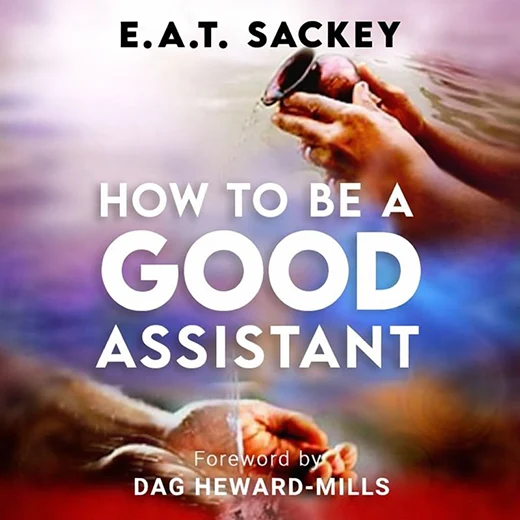- HOME
- BOOKS
- BUNDLES
-
CATEGORIES
- Leadership - "Taking Charge"
- The Anointing - "Walk In His Power"
- Prayer - "Make It Work for You"
- Christian Life - "Insights for Victorious Living"
- Evangelism - "Sharing Christ"
- Building His Temple - "Multiplying Your Seeds"
- Divine Wisdom - "Excel In All"
- Literature
- Relationships And Self Help
-
AUTHORS
- Dag Heward-Mills
- Michelle McKinney Hammond
- Archbishop Nicholas Duncan-Williams
- Richard Godspeed Appiah
- Rev. Oko Bortei-Doku
- BLOG
- DONATE
- AUDIOBOOK CLUB
- DAILY COUNSEL
- PLANS & PRICING
- SUBSCRIBE NOW!











